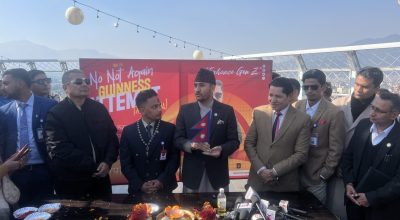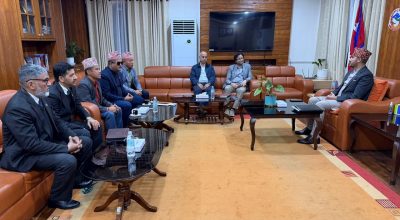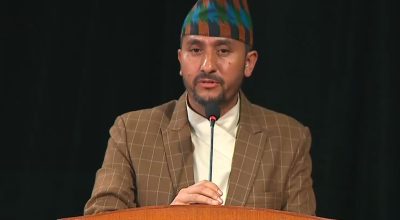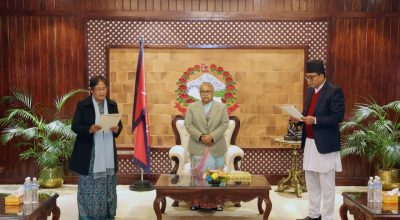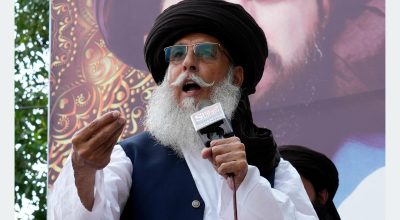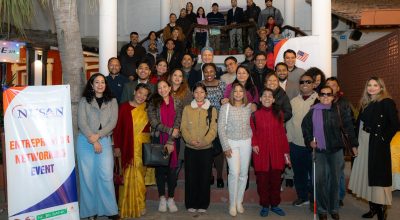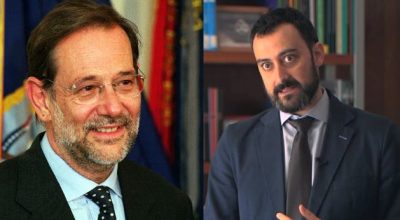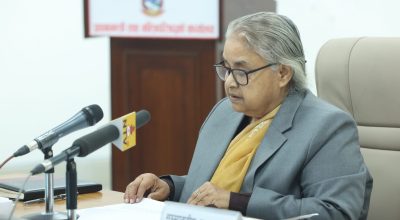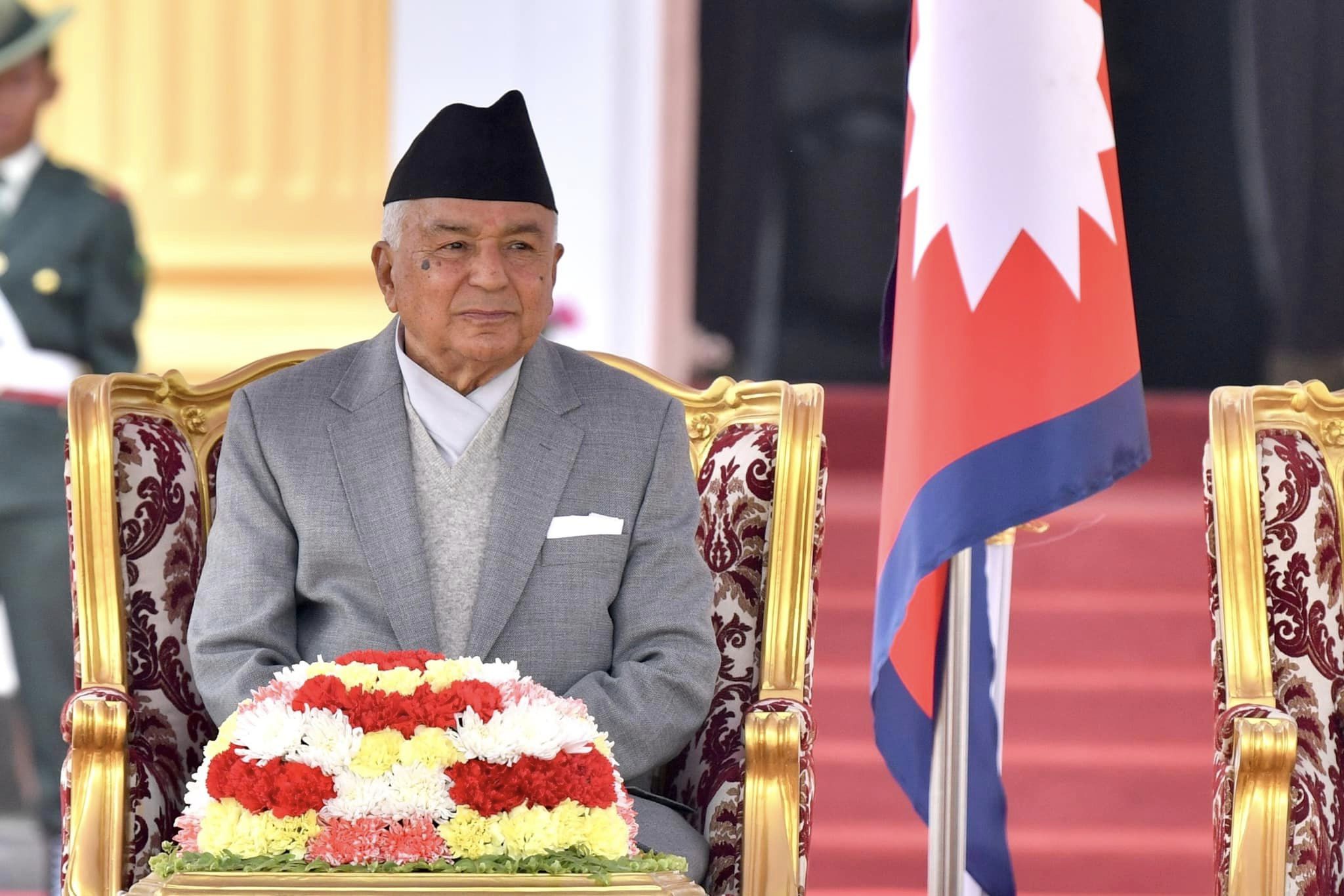
Janakpurdham, March 13: The nation embraced the peace process following the 2006/07 People’s Movement. But this was followed by the Madhes uprising after some time, throwing the country’s southern plain region into turmoil.
A revolt was waged in the Madhes with the promulgation of the Interim Constitution of Nepal on January 15, 2007. The demands of the Second People’s Movement were addressed and the Comprehensive Peace Accord enforced through the Interim Constitution.
The cause of the Madhes uprising against the Interim Constitution was the wider resentment in the Madhes, particularly the Madhes-centric parties, that the law of the land failed to incorporate the topics of federal state system and proportional representation provisions.
The dissatisfaction that was vented out in Kathmandu streets on January 16, 2007 with the symbolic ‘tearing up’ of the Interim Constitution took a form of Madhes Movement in the Madhes.
Ramesh Mahato of Majhaura, Lahan was killed in police firing in course of the Madhes Movement on January 19, 2007. This incident added fuel to the fire and aggravated the revolt. Fifty-four people had already lost their lives in course of the movement as it dragged to February 7, 2007.
As the Madhes Movement raged on, the current President Ram Chandra Paudel was the Minister for Peace and Reconstruction at that time. So, as the Peace Minister, Paudel was in the role of calming down the movement. Paudel that time played his part in addressing the dissatisfaction of the Madhes Movement in his role as the Convenor of the Government Talks Team.
Through sincere efforts from the Government Talks Team and all sides, then Prime Minister Girija Prasad Koirala on February 7, 2007 made an address to the nation addressing the major demands of the Madhes Movement. In this way the movement subsided.
Again in 2064 BS, second phase of Madhes Movement was started. During this period, the Madhesi leaders who defected from the mainstream political parties started to organize under the banner of United Democratic Madhesi Front. The government talks team led by Paudel held six rounds of talks to stop the second phase of the movement. Negotiations were started on June 1, 2007 and through many phases a 22-point agreement was reached with the Madhesi Janadhikar Forum on August 30, 2007.
The Fourth and 20th points of this agreement mentioned that proportional representation and participation would be exercised in all the State structures and bodies at all levels as well as in the State resources. The Sixth point of the agreement stated that a federal system of governance with provinces would be adopted. Another eight-point agreement was signed on the basis of this agreement on February 28, 2008 prior to the election to the Constituent Assembly. The latest agreement was signed between the government led by Prime Minister Koirala and the United Democratic Madhesi Front.
Point number two of the latest agreement reads “…Nepal would be a Federal Democratic Republic State acknowledging the people’s aspirations for a federal structure with an autonomous province…” The country is today a federal democratic republic.
On the basis of this very movement, the country has got the third President on the fourth term. However, Madhes is not fully satisfied.
Madhes has once again become hopeful with leader Ram Chandra Paudel, who observed and comprehended the Madhes movement closely and who also played role for forging understanding on behalf the government, as the third President.
“Some major issues of the Madhesh movement are yet to be addressed. Many people are in the jail over the same movement and the citizens of people suffer statelessness,” said Upendra Yadav, one of prominent figure of the Madhesh movement.
According to him, though the Presidential post is not executive, the person holding the post is the guardian of all and the Patron of the constitution. And they hope to be treated equally and with justice when the leader established from the democratic movement holds the same post.
“He is the same person who had his significant role on behalf of the government to recognize the demands and agenda of the Madhesh movement,” the Chair of Janata Samajbadi Party remembered, adding that his facilitating role was expected to resolve the remaining demands.
Senior leader of the then Samyukta Loktantrik Madheshi Morcha, Sharat Singh Bhandari, said they are hopeful for the increased State’s recognition towards the Madhesh issues as the leader whose role provided a respite for the Madhesh when it was burning holds the Presidential post.
“The leader who has been long advocating for the rights of the entire suppressed communities through democratic movements now holds the post of President and we are happy for it,” he said, expressing his hope that the new President would prove his role as a guardian for the protection of the Constitution along with federalism.
The leader said the President’s identity doesn’t limit to a democratic fighter, but he is a witness to all political movements including the people’s movements and the movement for identity with an active role in such events. “He is the person who is most close to the Madhesh revolution in terms of the government efforts to address it and we hope his presence as the Head-of-the-State will further contribute to settling the remaining issues.”
As he said, the government and the Madhesh-based parties reached to a 22-point agreement on August 30, 2007, but two points which are about the removal of all charges filed against leaders and cadres in course of the movement and the issuance of the Nepali citizenship certificate to those citizens suffering Statelessness are yet to be addressed. Majorly, parents possessing the citizenship by birth face hurdles to pass on the citizenship to their offspring and political prisoners during the Madhesh movement are yet to be released.
Former Nepali Congress Vice President Bimalendra Nidhi was of the view that the dedicated democratic leader taking the role of guardianship has instilled hopes in the entire country including Madhes.
He since the very beginning is in favour of changes. He is the person who has always advocated proportional development of citizens of all areas and quarters of the country. This has manifested in his unwavering stance and loyalty to democracy and to safeguard the constitution. “We can expect something different from him as he attitudinally is the person who accepts rules, systems, socialism and constitutionalism and gets himself within the periphery of these things,” he said.
The whole Madhes Province in particular is hopeful that the newly elected President would treat all people equally as he is well accustomed to and positive about the Madhes issue and its sensitivity.
“Madhes has separate demands and concerns about the matters relating to the federalism strengthening and problems facing Nepali citizens without citizenship card. There is a fact that the previous governments did ignore these issues.
Apart from being aware about these issues, the newly elected President directly involved in correcting some contents relating to the Citizenship Bill. So, I have found that there is a type of hope growing in Madhes that the President favouring the constitution, federalism, republic, inclusiveness and proportional will not cause any hindrances on these issues. There will be his positive contribution instead,” he said.
President of NC Madhes Province Krishna Yadav said they have expected President Paudel to be much in the role of guardianship as he they said is well aware about the history of Madhes which would always launch democratic movements, and their issues and demands.
“He (the President) is not only a leader who advocates Madhes. He is also an individual who has a family relation with one Laxminiya of Gujara Municipality in Rautahat district. I am assured that he will not discriminate against anyone being the one who was put in a jail for 14 years for fighting for civil rights and the one who was exiled,” he said.
Chairperson of the citizenship less struggle committee Indrajit Safi has expected the materialization of the government plan to provide all Nepali citizens with citizenship cards. They have looked to President Paudel as he was positive about their demands and issues, he said. “Although President constitutionally cannot do much on the recommendation of the government, earlier practices have made many things clear. So, we are hopeful there will not be at least obstructions on the issue relating to the Citizenship Bill. Only time will say what takes place next,” RSS





